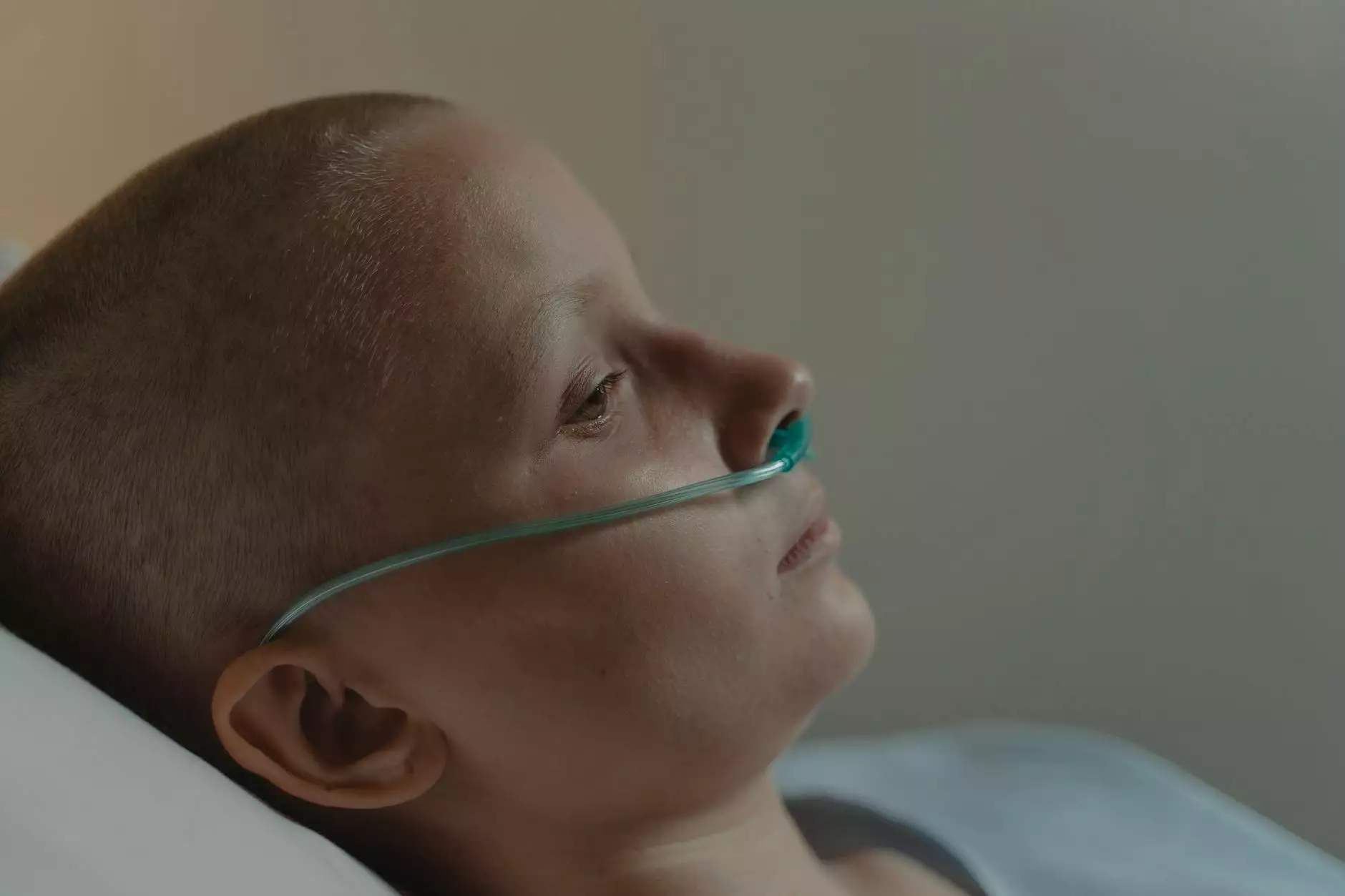Understanding Inoperable Brain Tumors: A Comprehensive Overview

Inoperable brain tumors present a significant challenge in the field of neurology and oncology. Their complexity and the myriad factors influencing their treatment and management necessitate an in-depth exploration of this medical condition. In this article, we will provide a detailed analysis of inoperable brain tumors, discussing their nature, impact, symptoms, diagnosis, treatment options, and the latest research advancements, especially as it pertains to managing these intricate cases.
What Are Inoperable Brain Tumors?
Inoperable brain tumors are tumors located in or around the brain that cannot be surgically removed due to various reasons, including:
- Location: Tumors situated near critical structures, such as the brainstem, may be deemed inoperable due to the risk of neurological damage.
- Type of Tumor: Certain types of tumors, such as glioblastomas, can infiltrate brain tissue, making complete removal impossible.
- Patient Health: Pre-existing health conditions may preclude surgical intervention.
The Nature of Tumors
Brain tumors can be primary, originating within the brain, or secondary, meaning they have metastasized from other parts of the body. When focusing on inoperable brain tumors, it is crucial to identify the tumor type as many primary tumors are classified into various grades:
- Low-Grade Tumors: Slow-growing tumors that may not immediately threaten life.
- High-Grade Tumors: Aggressive tumors with a high proliferation index, often requiring urgent management.
Identifying Symptoms of Inoperable Brain Tumors
The symptoms of an inoperable brain tumor can vary widely depending on the tumor's size, location, and growth rate. Common symptoms include:
- Persistent Headaches: These may become more frequent or severe over time.
- Seizures: New, unexplained seizures can be a significant indicator.
- Cognitive Changes: Memory issues, confusion, or difficulty concentrating can occur as the tumor affects brain function.
- Motor Skill Impairment: Weakness or loss of coordination in limbs may manifest.
- Vision or Hearing Changes: Tumors can press on optic or auditory nerves, leading to sensory changes.
Diagnosis of Inoperable Brain Tumors
Accurate diagnosis of an inoperable brain tumor involves a variety of strategies:
- Neurological Examination: A thorough evaluation of neurological function to identify abnormalities.
- Imaging Tests: MRI (Magnetic Resonance Imaging) and CT (Computed Tomography) scans are pivotal in visualizing the tumor.
- Biopsy: In certain cases, a tissue sample can be taken to determine the tumor type and grade.
- Genetic Testing: Modern diagnostics may include genetic tests to identify mutations associated with specific tumor types.
Treatment Options for Inoperable Brain Tumors
While surgery may not be an option, there are several treatment avenues available for managing inoperable brain tumors:
1. Radiation Therapy
Radiation therapy is often employed to target and shrink tumors. This can be administered in several ways:
- External Beam Radiation Therapy (EBRT): Delivering targeted radiation from outside the body.
- Stereotactic Radiosurgery (SRS): A non-invasive procedure delivering high doses of radiation precisely to the tumor.
2. Chemotherapy
Chemotherapy utilizes drugs to kill cancer cells or inhibit their growth. It can be particularly effective for specific tumor types, such as gliomas. Common chemotherapeutic agents include:
- Temozolomide: An oral chemotherapy drug often used for high-grade gliomas.
- Carmustine (BCNU): A chemotherapy agent that can penetrate the blood-brain barrier.
3. Targeted Therapy
Targeted therapies focus on specific molecular targets associated with cancer. For example:
- Bevacizumab (Avastin): A monoclonal antibody that inhibits angiogenesis (the formation of new blood vessels), which tumors rely on for growth.
4. Clinical Trials
Participating in clinical trials can offer access to cutting-edge therapies not yet widely available. These trials may include novel drugs, immunotherapies, or new combinations of existing treatments.
Supportive Care
Living with an inoperable brain tumor often requires a comprehensive approach to care:
- Palliative Care: Focused on improving quality of life and managing symptoms, which can be essential for patients with progressive disease.
- Rehabilitation Services: Physical, occupational, and speech therapies can help maintain function and independence.
- Psychological Support: Mental health services, including counseling, can assist patients and families in coping with emotional challenges.
Recent Advances in Research for Inoperable Brain Tumors
The field of neuro-oncology is rapidly evolving, with research yielding promising results in the management of inoperable brain tumors. Key advancements include:
1. Immunotherapy
Immunotherapy harnesses the body's own immune system to fight cancer. Techniques such as checkpoint inhibitors and CAR T-cell therapy are being evaluated for their effectiveness in brain tumors.
2. Personalized Medicine
The era of personalized medicine allows for treatments tailored to the individual patient based on their specific genetic tumor profile. This approach can lead to more effective and targeted treatment strategies.
3. Advanced Imaging Techniques
Innovative imaging techniques are enabling better visualization of tumor characteristics, aiding in more accurate diagnosis and treatment planning. Techniques like functional MRI and PET scans are at the forefront of this development.
Conclusion: A Path Forward in Understanding Inoperable Brain Tumors
Inoperable brain tumors present formidable challenges, yet advancements in treatment options and research are continually improving outcomes. Understanding the complexities surrounding these tumors— from symptoms to diagnosis, treatment options, and ongoing research—empowers patients and their families to make informed decisions regarding care.
At MediGlobius, we are committed to providing access to the latest medical information and connecting patients with the leading health and medical resources they need. Whether facing a diagnosis of an inoperable brain tumor or seeking insights into treatment possibilities, gaining knowledge is a powerful tool in navigating this journey.
Together, with knowledge and support, we can face the challenges posed by inoperable brain tumors head-on.









